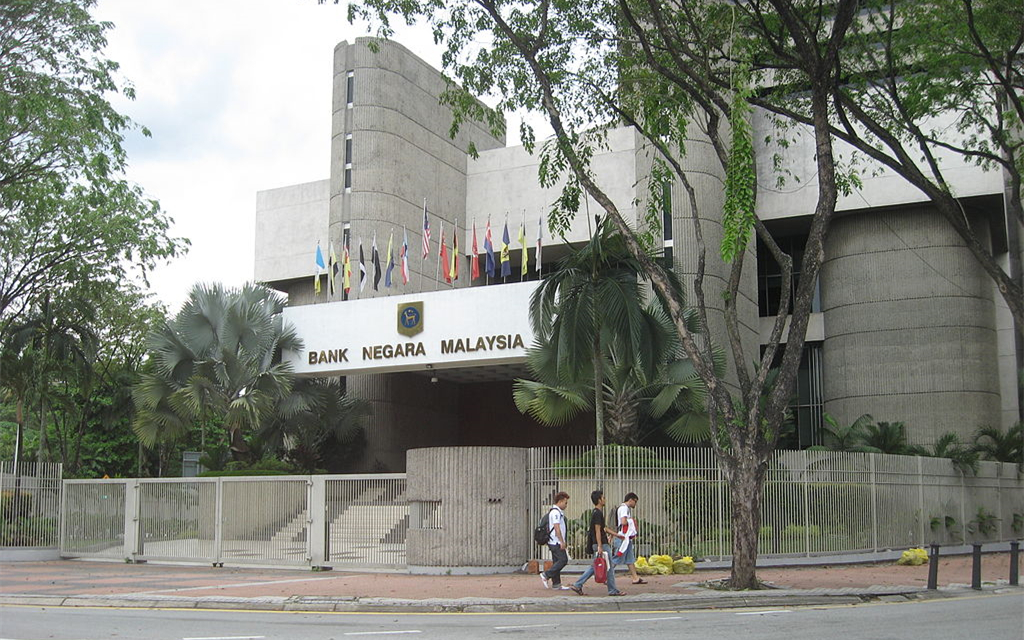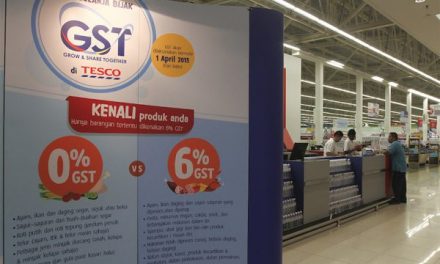Loan approval rates expected to drop post Covid-19
Banks are becoming wary as the end of the moratorium on loan repayments nears and unemployment increases. The Department of Statistics Malaysia has revealed that 778,000 Malaysians are unemployed. Loanstreet co-founder Jared Lim said there has been a significant drop in loan approvals across the board, including housing loans, hire purchase, personal loans and small and medium-sized enterprise (SME) loans since the pandemic began. “With the six-month moratorium on loan repayments, banks cannot gauge a borrower’s ability to withstand the economic shocks and repay their loans… currently, borrowers with a permanent job at a multinational corporation that is not active in the aforementioned categories make up the majority of people whose home loans were approved.” Lim predicts that loan approval rates during the Recovery MCO phase will be low until banks can see what the landscape is like once the moratorium ends. (Free Malaysia Today)
Penang launches first self-sustaining urban farm, aims for 100 hubs by 2023
Penang has launched its first self-sustaining community urban farm that can potentially feed up to 400 households each harvest. Penang Chief Minister Chow Kon Yeow said the initiative was implemented in collaboration with the Chief Minister Incorporated (CMI), Universiti Pendidikan Sultan Idris (UPSI) and Think City. “We hope to set up 100 community farm hubs, based on the urban farming concept, in the state, preferably by 2023,” he said. The community urban farm at the Penang Digital Library (PDL1), on about 2,000 sq ft of land, is a strategic location as the digital library is a knowledge hub that are often visited by people of all ages. The smart and green community farming at PDL1 will be a pilot project for the state to refer to develop other pocket lands to be converted into urban farms, he said. 60% of the produce will be channeled to B40 communities while the remaining 40% will be commercialised to support the operations of the farm. (Malay Mail)
Malaysia has highest percentage of digital consumers in Asean
Malaysia is keeping pace with Southeast Asia’s digital transformation by recording the highest percentage of digital consumers with 83% of its population (aged 15 years and above), based on a study titled “Digital Consumers of Tomorrow, Here Today” conducted by Facebook and Bain & Company. The study said almost 70% of Southeast Asian consumers will go digital by year-end and the growth of digital consumers in Southeast Asia is expected to reach around 310 million by year-end, with millions more expected to join in the coming years. Malaysian consumers were not just spending more online as forecast in 2019, instead they were also buying into more categories online and Malaysians purchased an average of five categories in 2020 compared to 3.8 categories in 2019. The report suggests that disruption may be more apparent in healthcare, education and online entertainment as it rapidly evolves to adapt to consumer’s home-consumption habits such as home-based learning, telemedicine and the sharp increase in preference for online gaming and live-streaming. The study surveyed approximately 16,500 digital consumers across six Southeast Asian countries – Indonesia, Malaysia, the Philippines, Singapore, Thailand, and Vietnam. (The Star Online)
DBKL to review development order terms to prevent flash floods
The Kuala Lumpur City Hall (DBKL) will review the terms under the development order (DO) before issuing them to developers to prevent flash flood incidents in the capital. Kuala Lumpur Mayor Datuk Nor Hisham Ahmad Dahlan said all developers should ensure that the drainage system near their construction site is always in good condition. He said DBKL also planned to expand and deepen the flood pools in the capital with suitable areas being identified. Nor Hisham also urged the public not to throw garbage in the drains and drainage areas. (Bernama)
1MDB the ‘biggest trap in Malaysia’s corporate history’, says former CEO
A former 1Malaysia Development Berhad (1MDB) CEO told the High Court that he wanted to resign in 2013 as he was worried about 1MDB which he felt was entering the largest corporate liability trap in history. Mohd Hazem Abdul Rahman, who was the CEO and member of the 1MDB board from March 2013 to January 2015, said he had sent an email to 1MDB CFO, Azmi Tahir to raise his concerns on the total number of projects and funds on all portfolios relating to 1MDB which were felt unrealistic. He added that he was also suspicious that 1MDB funds abroad may have been used without the knowledge of 1MDB management. The witness also concluded that all the investment plans by Jho Low were only to make the plan appeared like real transactions carried out. Questioned if the US$3 billion fund was approved without support letter from Najib himself, the witness said no. (Bernama)





